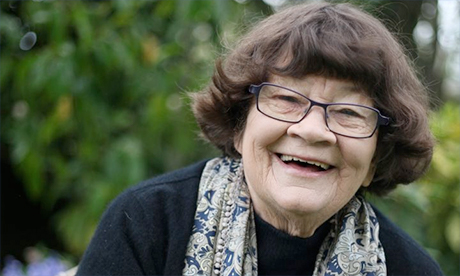This morning I sat with two lots of readings.
Early prayer was with John 15, verses 7 – 11, the beautiful love commandment in which Jesus uses the word “love” nine times to emphasize its importance, finishing with, “I am giving you these commands so you will love one another.”
Then at breakfast, I opened the newspaper beside a bowl of muesli.
It was world news full of violence, and I found myself hating those who were fuelled with hatred.
I was so busy judging people, I didn’t taste what I was eating.
That was the beginning of a long reflection on the question: How do I cope when I find it impossible to love other people?
Well, I recognised a few things, the first being that there is in me, the same reaction that causes wars.
It’s part of our animal instinct for survival and while it will sleep in comfortable conditions, as soon as it is threatened it will spring up, showing teeth and claws.
Does this instinct wear a name? Yes, we call it fear.
Fear sits in opposition to the love that Jesus talked about and it is a loud a voice in the head. Love belongs to the heart, its voice soft but strong. It is love that is our spiritual identity.
So, here we are, part animal, part angel, people of paradox, finding growth in the tension of opposite states.
Isn’t this what Jesus’ life and teaching is all about?
Isn’t this why the Word was made flesh and came to dwell among us?
When I brought these thoughts close to home, I realised the person who really gets up my nose, is the one who reflects my own faults.
How clever of God to give us mirrors in other people!
This tells me I need to claim my irritation as my own, tap into the weakness that is revealed and recognize what is going on inside me.
Chances are that I am also being a mirror for the other person, and that is bound to cause friction.
How do I love someone I’ve considered to be unloveable?
I look for that part of myself that I have filed away as unloveable, and I claim it.
When I accept that I have growing spaces in my life, I can make the same claim for the other person. On this journey, we are not so much human beings, as human becomings.
Then in prayer, I look past actions and emotions to my own pure soul and the pure soul of my neighbour, both belonging to God, both equally precious.
By grace, I may be able to move forward to a real love for the person I previously disliked.
When that happens, the healing is not only between us, it is also within myself. I am freed from the weight of my judgmental attitudes.
And that’s the great gift that comes from forgiveness.
- Joy Cowley is a wife, mother, grandmother, great-grandmother and retreat facilitator.
News category: Analysis and Comment.




